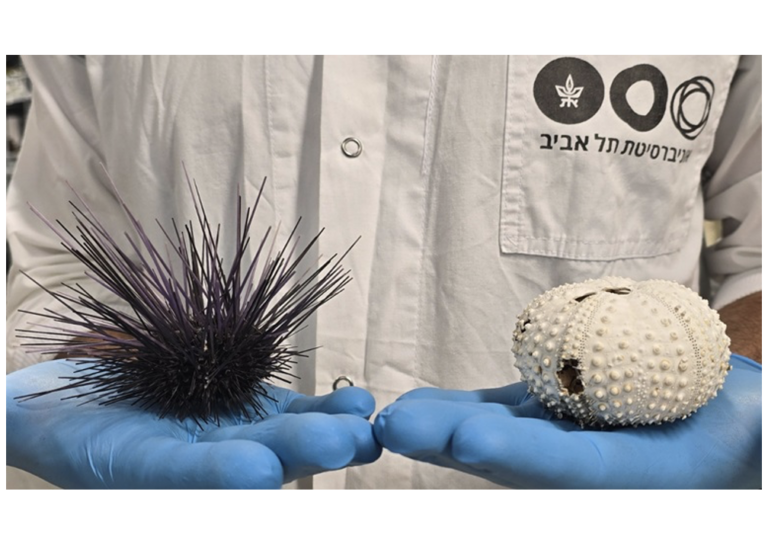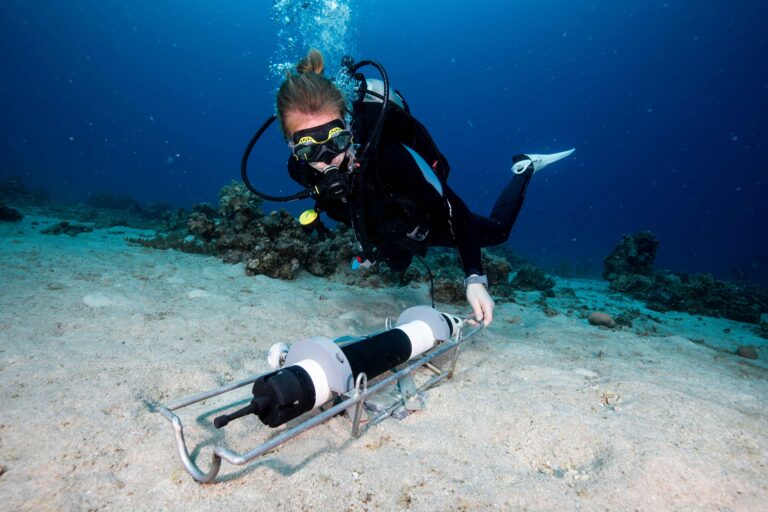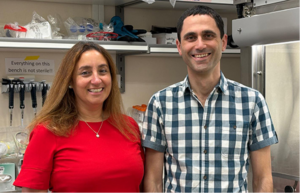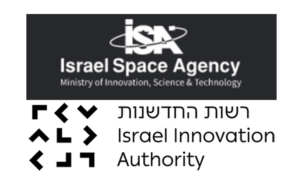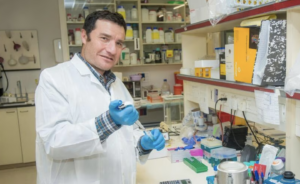The wastewater treatment in Israel, press trip of Bnai Brith and Norbert Lipszyc

Mekorot views the promotion of wastewater treatment and effluents reuse for agricultural and industrial purposes, a national mission.
Water reclamation for agricultural purposes have three main targets:
1. Diverting more fresh water to households as a solution to the water crisis in Israel.
2. Increasing the quantity of water for agriculture while ensuring economic viability for farmers.
3. Protecting the environment by reducing the ecological damage that untreated wastewater may cause.
It is important to note:
• In Israel every year, 630 million cubic meters of effluents are reused for agriculture, constituting 75 percent of the total wastewater.
• Mekorot treats some 190 million cubic meters of wastewater per year, which constitute 35 percent of Israel’s wastewater.
• Mekorot reuses about 60 percent of the treated effluents in Israel for agricultural purposes. The effluents are of high quality and they meet all the required guidelines for unlimited irrigation of agricultural crops or any public area, without any sanitary restrictions.
• In addition to the maximum utilization of water resources for the benefit of the water sector, Mekorot’s wastewater treatment is of great importance in the field of environmental protection. This activity has positive impact on the ecological balance and reduces groundwater contamination.
Thanks to its extensive professional activities in the field, Mekorot is considered a world record in terms of volume and quality of water reuse. Mekorot’s high capabilities in the field, place Israel at the forefront of the western countries in managing technologies for streamlining the water sector. An important example for this accomplishment is the unique “Third Pipeline to the NEGEV”, which delivers the “Shafdan” reclaimed water to the south of the country. This special system was set up by Mekorot already in the late 1980s, for the purpose of transporting wastewater treated in the Shafdan, as reclaimed water to the Negev. The effluent is recharged to the aquifer using a special technology (SAT). Mekorot pumps the reclaimed water and supplies it for agriculture in the NEGEV desert, according to the demand, enabling farmers to enjoy economic benefit as well. Another important example is the Yarkon River Rehabilitation project, initiated by the Yarkon River Authority. In this framework, Mekorot treats the Yarkon waters and reuses them for regional gardening and agricultural purposes, cleverly using the same drop of water three times: once at home, the second time at the Yarkon and the third time in urban gardening and agriculture.
Looking ahead towards the next decade, Mekorot aims at resing all the effluent in Israel and stop the discharge of an annual amount of 100 million cubic meters of unused effluents to the environment. In order to meet this target, as well as to ensure the highest effluent quality, Mekorot Group invests considerable effort in the research and development, carried out in collaboration with leading organizations around the world.
Source mekorot

